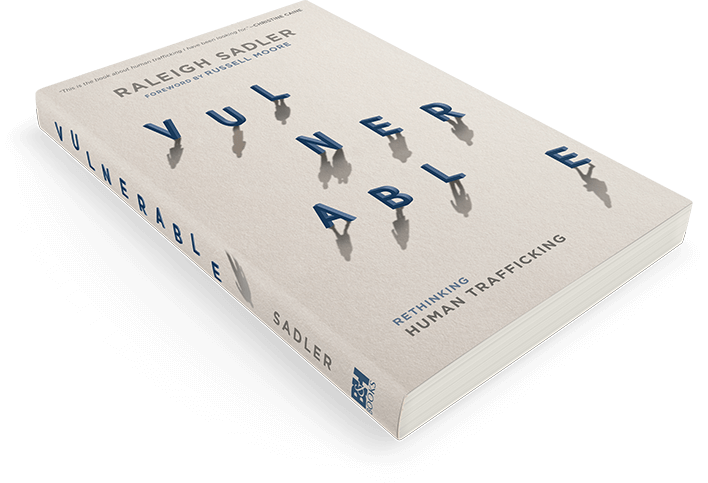Ep.081: Gretchen Ronnevik and Katie Koplin on becoming comfortable with your discomfort.
In this episode, we have a podcast inception—yes, a podcast within a podcast. The hosts of the Freely Given podcast join me on the Mercycast. Katie Koplin, author of Encouragement for Motherhood, and Gretchen Ronnevik, author of Ragged, share their perspectives on being comfortable with being uncomfortable. We explore how the gospel meets us in our discomfort and talk about seasons in life and how, because of Christ, discomfort is not permanent or defining.
Highlights and takeaways from the conversation:
Discomfort is not permanent or defining; it is just a season in life.
Blaming discomfort on the devil is a typical response, but it is essential to consider other factors.
Having concrete hope in the finished work of Christ can help us navigate discomfort.
Living in small towns can make it difficult to hide from discomfort, but it also provides opportunities for authentic relationships.
The pressure to perform and compare oneself with others can hinder authenticity and joy.
Resting in Christ's finished work allows us to be true to ourselves and live in freedom. The church often struggles to sit with people in their pain and grief, expecting them to move on quickly.
Being comfortable with discomfort is necessary to support others in their pain.
A theology of the cross recognizes the reality of suffering and the need for a savior.
Compassion and presence are more important than trying to fix someone's pain.
Learning to discern truth from lies and finding comfort in the grace of Christ can help us be more comfortable with discomfort.
"Unless you become comfortable with being uncomfortable, then you're going to be really frustrated because life doesn't go the way we want it to."
"Have you noticed that sometimes anytime we're uncomfortable, it's very easy to immediately blame it on the devil?"
"It kind of shows us our God of the moment, right? It shows us our functional savior. It's comfort. We want everything to be okay."
"Every single move they make right now is being done in pain."
"Assuming that someone should be able to get over something within a specified amount of time exposes that person's underlying assumption that life isn't really as bad as that other person may feel."
"The people that sit there with me and say, it's not okay. And they offer nothing. They just sit there. I think those people in that moment are modeling the fact that they are comfortable with being uncomfortable."
Listen to the full episode:
Have you enjoyed hearing from Gretchen and Katie? You can find their podcast here. Buy Katie’s book, Embracing Motherhood, and Gretchen’s book, Ragged.
Thanks for listening. We want to hear from you!
Email us at info@mercycast.com.
For more conversations like this one, check out my book, Vulnerable: Rethinking Human Trafficking.


